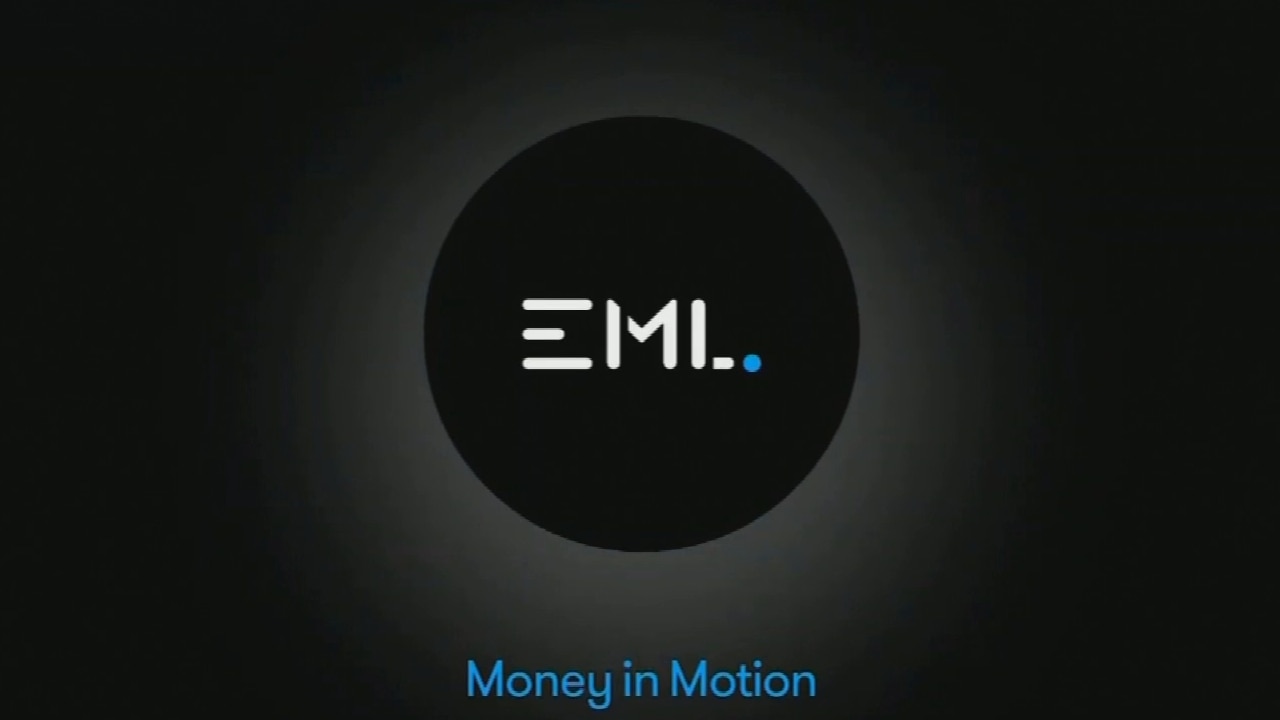EML Payments CEO quits as board explores possible sale after continued pain from European operations
Sources close to EML said the board was keen to move as quickly as possible on its strategic review, which could see the company broken up or sold.

Troubled Australian payments firm EML has abruptly parted ways with its chief executive Emma Shand after just 10 months and aims to move expeditiously on a fresh strategic review which may see the company sold or broken up.
EML said on Monday that Ms Shand had resigned “given the change in operational priorities”, and it had tapped former managing director of Bank of Ireland’s cards business Kevin Murphy to replace her effective immediately. He is taking on the job of interim CEO as part of a number of initiatives “designed to reposition” EML and double down on near-term challenges and regulatory issues it’s facing.
Sources close to the company said EML’s board — which has also seen a board shake-out and two chairmen ousted in the past 12 months — was keen to move as quickly as possible on the strategic review. It aims to ascertain if a sale in its entirety or partial divestment of the company would deliver value to long-suffering investors.
Among the options being considered are hiving-off of recently acquired units such as Sentenial and Prepaid Financial Services, the latter of which has been embroiled in anti-money laundering and counter-terrorism financing issues that came to light in Ireland in 2021.
EML has appointed investment bank Barrenjoey to advise on the strategic review.
Sources said advisers had been gauging informal interest for all or parts of EML in recent weeks, before deciding how to move ahead with a more formal auction process. A strategic review was hastily announced in February as EML’s regulatory woes continued.
Some investors believe the company could be worth about $1.20 to $1.50 per share if it was broken up and sold in pieces.
Last year, EML was forced to disclose it had been in talks with two potential buyers of the firm. The revelations followed speculation EML was in separate discussions with private equity firm Bain and payments group Nuvei Corp about potential change of control transactions.
The Australian understands a third potential suitor — a US private equity firm — had also made overtures for a tilt at EML but it is unclear how advanced those talks were.
Investors cheered the change at the helm of EML and the strategic review on Monday, with the stock climbing 13.9 per cent to 65.5c. But EML’s shares have taken a battering in the past year, tumbling from a 52-week high of $2.94 and taking the company’s market valuation to $245m.
RBC analysts said in light of Monday’s announcement there was likely “downside risk” to consensus EML earnings estimates, albeit they expected buyer interest in some of its divisions.
“EML has some solid assets in the gift and incentive space which are likely of interest to strategic and private equity players,” they added.
“EML continues to face upheaval at a senior management and strategic level.”
Wilsons Equity Research described the ongoing instability at the company as “tumultuous”.
“This internal turnover, lack of progress with the (Central Bank Ireland), the resultant growth caps from that lack of progress, and a challenging macro environment result in a material task lying ahead for the new chief executive and new board,” said the analysts, who have a 42c EML share price target.
Ms Shand leaves the top job at EML after 10 months, with the former managing director and board member understood to have been placed on gardening leave pending her departure in July.
EML flagged it will conduct a global search for a permanent CEO and Mr Murphy will be considered for the role. It’s new priorities span remediation, cost cutting, targeted growth and talent retention.
EML’s prepaid cards business ran afoul of Ireland’s financial crimes regulations in 2021, a crisis which saw the company’s long-time CEO Tom Cregan leave last year and a string of board members pushed out by investors.
Former Afterpay finance chief Luke Bortoli was appointed EML’s chairman in February replacing David Liddy, which came after former chair Peter Martin was dumped in November.
EML’s regulatory woes worsened in October after the UK’s Financial Conduct Authority announced it would bar the firm from taking on new customers, agents, or distributors in relation to its UK prepaid cards subsidiary.
The company has also been in the crosshairs of activist investors Alta Fox Capital, which agitated for — and successfully led — a push for the removal of Mr Liddy and two directors. Mr Bortoli said the decision to replace Ms Shand and launch the sale process came after the board spoke with stakeholders and set out “urgent priorities” for the company.
“We are focused on doing the right thing by our people, customers, regulators and shareholders and we are committed to taking actions that will help the business move through its immediate challenges, deliver sustainable growth in the medium to long term and maximise value,” he added.
At EML’s earnings results in February, investors raised concerns about a jump in other professional services fees paid out which were in addition to those booked for remediation. The expense — which includes audit services — swelled to almost $7m for the half, from $3.2m in the year earlier period.
EML on Monday touted the credentials of the London-and-Dublin-based new CEO, noting Mr Murphy’s understanding of the payments industry and regulatory experience.
The payments company said it was committed to engaging with Irish and UK regulators. EML’s board is establishing a subcommittee to oversee its remediation program.






To join the conversation, please log in. Don't have an account? Register
Join the conversation, you are commenting as Logout